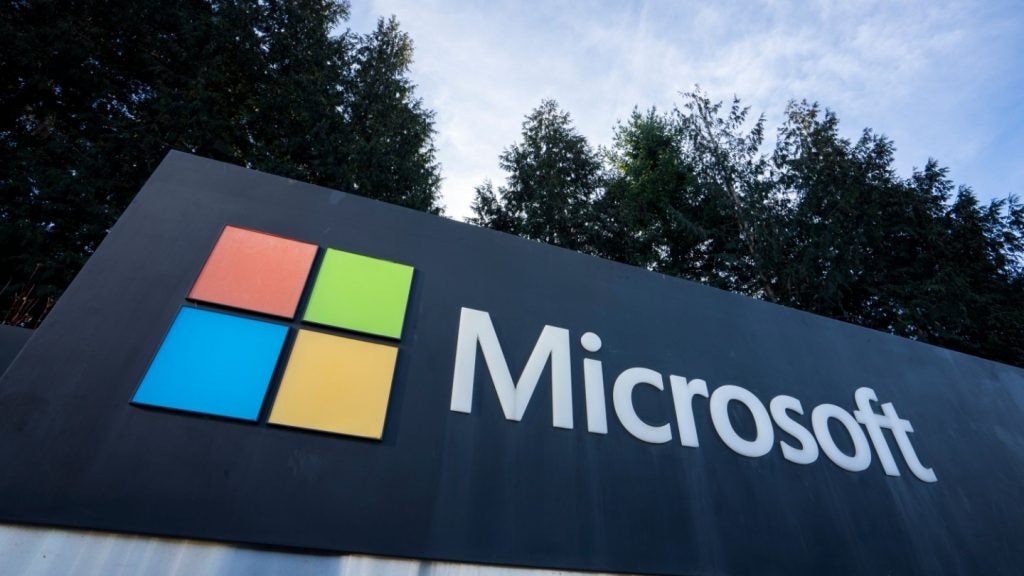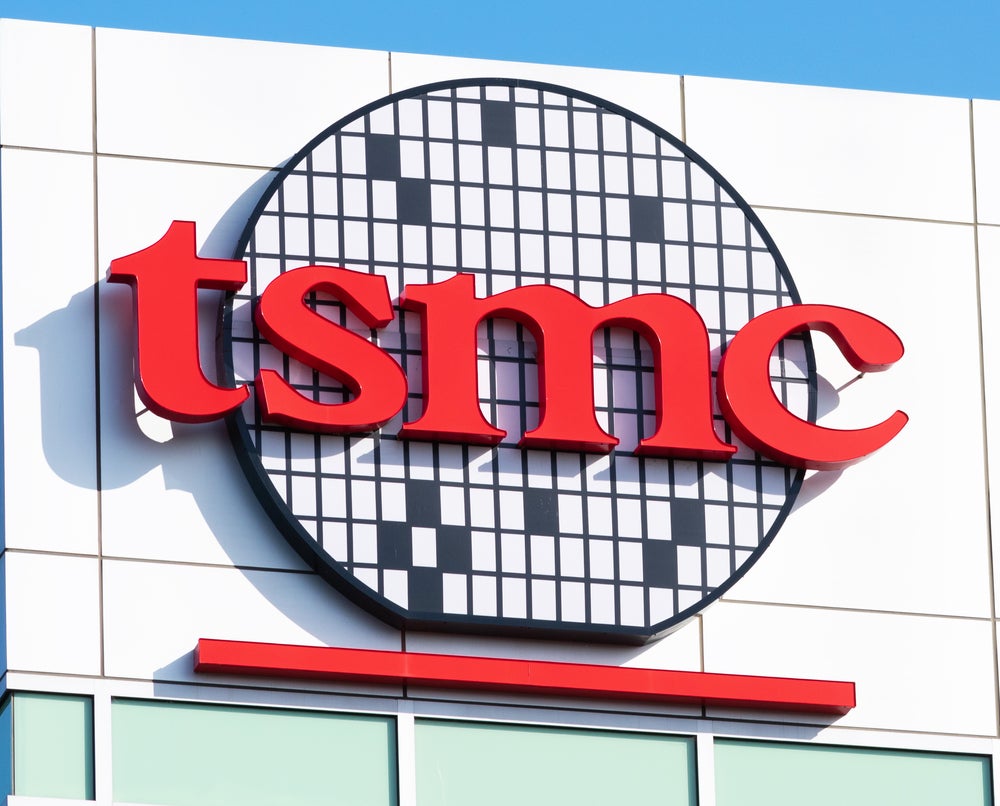Imperva has been granted a patent for a method that generates a high-level security policy for a data repository without knowledge of its access control and entitlement models. The method involves generating a set of abstractions based on the data in the repository, which defines a security policy language. A security administrator can then define a security policy using this language, which is translated into a common physical language. The common physical policy is further translated into a set of commands for each data repository to restrict access by users. GlobalData’s report on Imperva gives a 360-degree view of the company including its patenting strategy. Buy the report here.
According to GlobalData’s company profile on Imperva, Network traffic analysis was a key innovation area identified from patents. Imperva's grant share as of September 2023 was 75%. Grant share is based on the ratio of number of grants to total number of patents.
Generating a security policy for a data repository without knowledge of its access control models
A recently granted patent (Publication Number: US11763018B2) describes a method and system for managing security policies in data repositories. The method involves generating a set of abstractions that define a security policy language based on data in the repositories. A security policy defined using this language is then translated into a common physical language to generate a common physical policy. This common physical policy is further translated into a set of commands for each data repository, restricting access to the repositories by users associated with computing devices. The translation process involves converting the abstractions of the security policy into a common physical abstraction.
Additionally, the method includes the reverse translation of a set of commands from the data repositories into high-level statements. These statements are then analyzed to generate a description of the contents of the data repository. The generation of abstractions involves assigning tags and labels to the data in the repositories and grouping them based on these tags and labels. Once a grouping threshold is reached, an abstraction is assigned to each group, resulting in the set of abstractions.
The system described in the patent includes a processing device and memory. The processing device is responsible for generating the set of abstractions, receiving and translating the security policy, and translating the common physical policy into commands for the data repositories. It also performs the reverse translation of commands into high-level statements and analyzes them to generate a description of the data repository's contents.
The patent also mentions that each data repository implements a set of commands using an access control layer. In cases where an access control layer cannot execute its respective set of commands, a view is generated in the data repository, and the commands are executed using this view.
Overall, this patent presents a method and system for managing security policies in data repositories, allowing for the translation of policies into a common physical language and subsequent translation into commands for individual data repositories. The reverse translation of commands and analysis of high-level statements provide insights into the contents of the repositories. This technology has the potential to enhance security and access control in data management systems.
To know more about GlobalData’s detailed insights on Imperva, buy the report here.
Premium Insights
From

The gold standard of business intelligence.
Blending expert knowledge with cutting-edge technology, GlobalData’s unrivalled proprietary data will enable you to decode what’s happening in your market. You can make better informed decisions and gain a future-proof advantage over your competitors.







